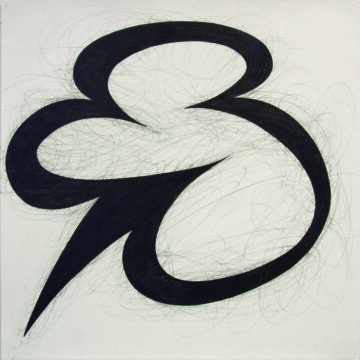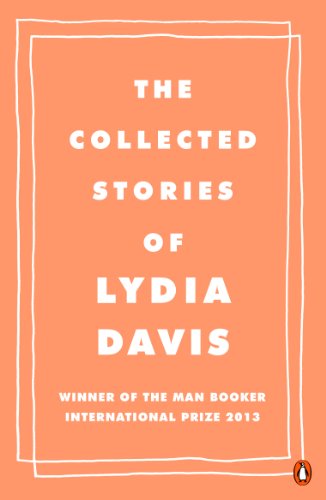by Andrea Scrima
Part I of this is here.
#4: OWWW

Pain is a private experience that happens within an individual body; it is internal and essentially invisible. As much as we might commiserate, we cannot “share” another’s pain; we can merely witness the behavior it induces, inquire into the nature of the pain, and try to help alleviate it.
A medical diagnosis depends on a precise description. Is the pain aching, searing, shooting? Does it prick, stab, sting, or throb—or does it gnaw, tingle, cramp, burn? Is it sharp or dull? Asked to evaluate the intensity of their pain on a scale of one to ten, patients often find themselves at a loss. It hurts, they say. It’s unbearable. Pain is one of the least communicable human experiences.
Pain is also a weapon: power is asserted through violence, in other words, through causing pain. War’s objective is to shoot, burn, blast, and otherwise annihilate human flesh and to damage or destroy objects human beings regard as extensions of themselves: their homes, their possessions, photographs of loved ones, the buildings they live in, their religious and cultural institutions—and often entire cities, along with the history preserved in their architecture, in their libraries, museums, archives. War aims to not merely seize territory and take control, but to induce pain—and to make that pain visible to demoralize its victims, rob them of their voice, their individuality, their humanity.
Foucault described the process whereby the public execution—historically staged as entertainment for the masses—gradually became obsolete. In the practice of extrajudicial torture, however, the spectacle lives on. While the interrogation-induced confession is presented as torture’s justification, incriminating information obtained under duress is generally deemed unreliable or worthless. The infliction of pain serves a different purpose: torture becomes a ceremony, a form of clandestine theater where coercion and admission of guilt merge in a ritual whose power is rooted in secrecy. Read more »

 In one sense, the stories of the collection Almost No Memory, originally published in 1997 and reprinted in The Collected Stories of Lydia Davis in 2009, can be read as a psychological portrait of a middle-aged woman coming to terms with all the usual things life has to offer after a certain age: the convolutions of domestic discord, shrinking horizons, the sobering insight that very little can change us anymore. The voices are both many and one, converging in a polyphony of percipient anxiety and resignation: we hear “wife one,” an “often raging though now quiet woman” eating dinner alone after talking on the phone to “wife two”; a professor who fantasizes about marrying a cowboy, although she is “so used to the companionship of [her] husband by now that if I were to marry a cowboy I would want to take him with me”; and a woman who “fell in love with a man who had been dead a number of years.” There is also a woman who “comes running out of the house with her face white and her overcoat flapping wildly,” crying “emergency, emergency”; a woman who wishes she had a second chance to learn from her mistakes; and one who has “no choice but to continue to proceed as if I know altogether what I am, though I may also try to guess, from time to time, just what it is that others know that I do not know.” The list continues, from a woman wondering why she can become so vicious with her children to another whose mind wanders to sex at the sight of “anything pounding, anything stroking; anything bolt upright, anything horizontal and gaping” and one who is filled with “ill will toward one I think I should love, ill will toward myself, and discouragement over the work I think I should be doing.”
In one sense, the stories of the collection Almost No Memory, originally published in 1997 and reprinted in The Collected Stories of Lydia Davis in 2009, can be read as a psychological portrait of a middle-aged woman coming to terms with all the usual things life has to offer after a certain age: the convolutions of domestic discord, shrinking horizons, the sobering insight that very little can change us anymore. The voices are both many and one, converging in a polyphony of percipient anxiety and resignation: we hear “wife one,” an “often raging though now quiet woman” eating dinner alone after talking on the phone to “wife two”; a professor who fantasizes about marrying a cowboy, although she is “so used to the companionship of [her] husband by now that if I were to marry a cowboy I would want to take him with me”; and a woman who “fell in love with a man who had been dead a number of years.” There is also a woman who “comes running out of the house with her face white and her overcoat flapping wildly,” crying “emergency, emergency”; a woman who wishes she had a second chance to learn from her mistakes; and one who has “no choice but to continue to proceed as if I know altogether what I am, though I may also try to guess, from time to time, just what it is that others know that I do not know.” The list continues, from a woman wondering why she can become so vicious with her children to another whose mind wanders to sex at the sight of “anything pounding, anything stroking; anything bolt upright, anything horizontal and gaping” and one who is filled with “ill will toward one I think I should love, ill will toward myself, and discouragement over the work I think I should be doing.”